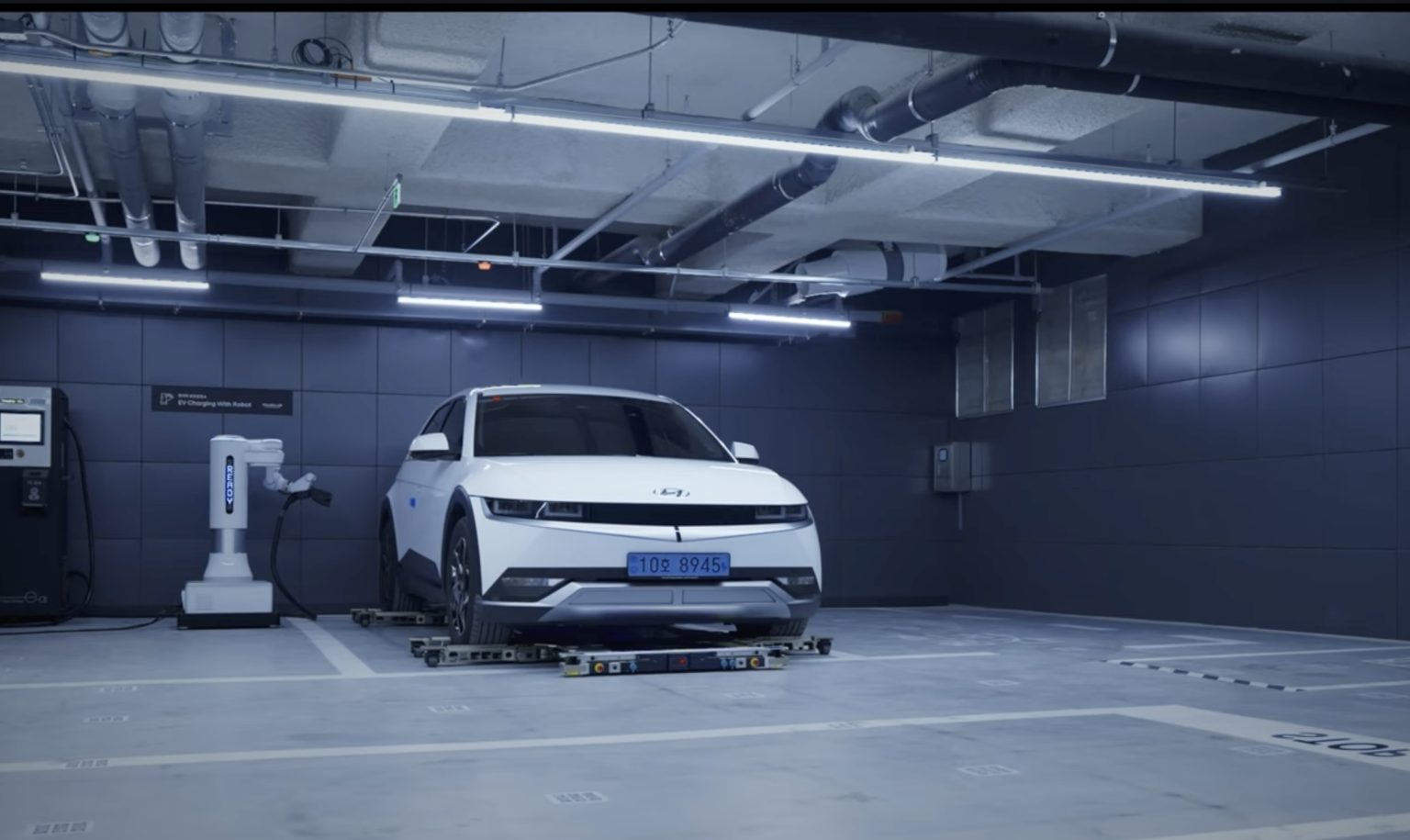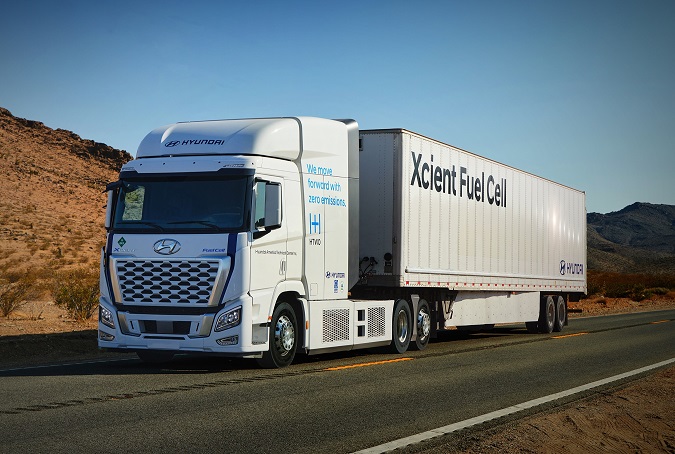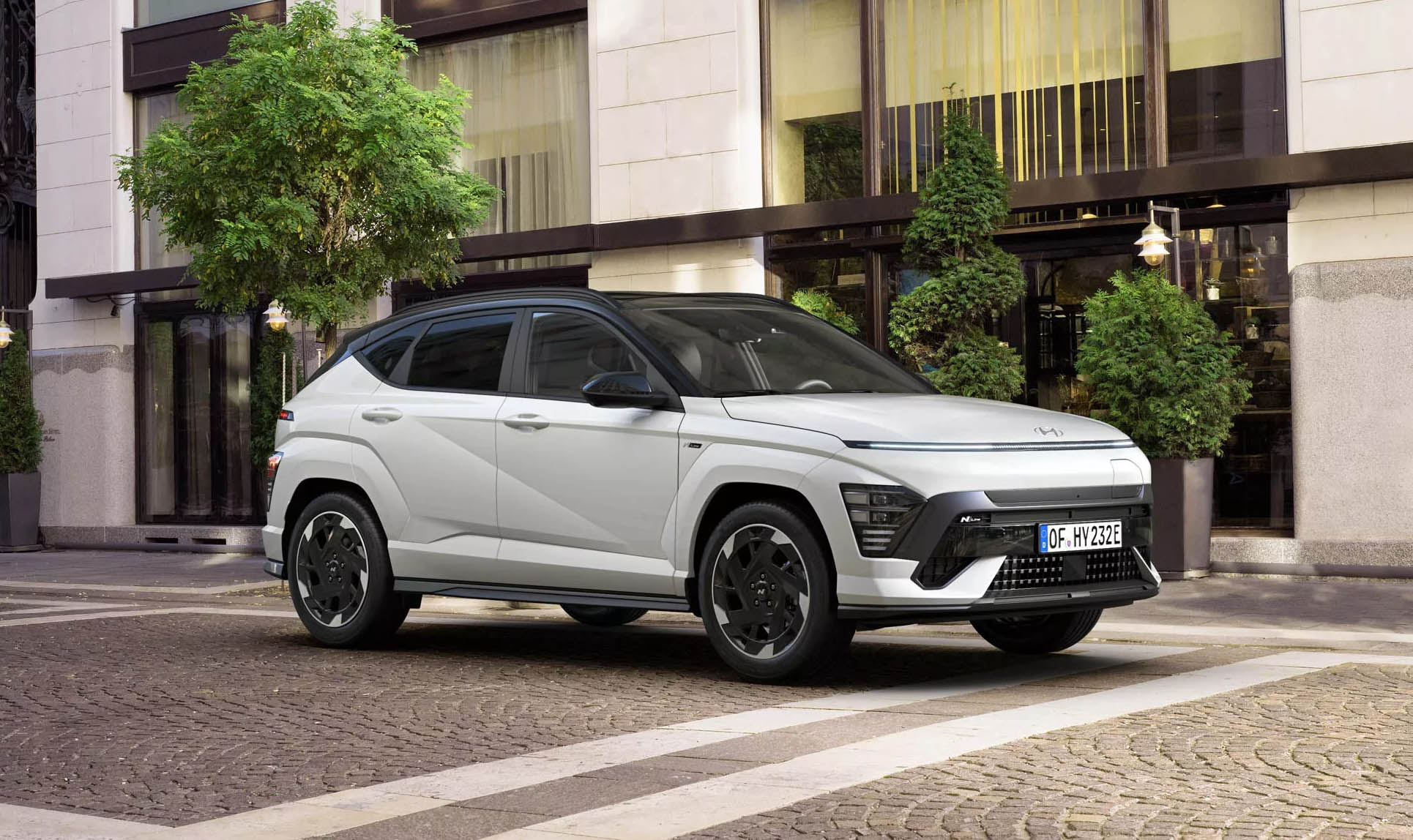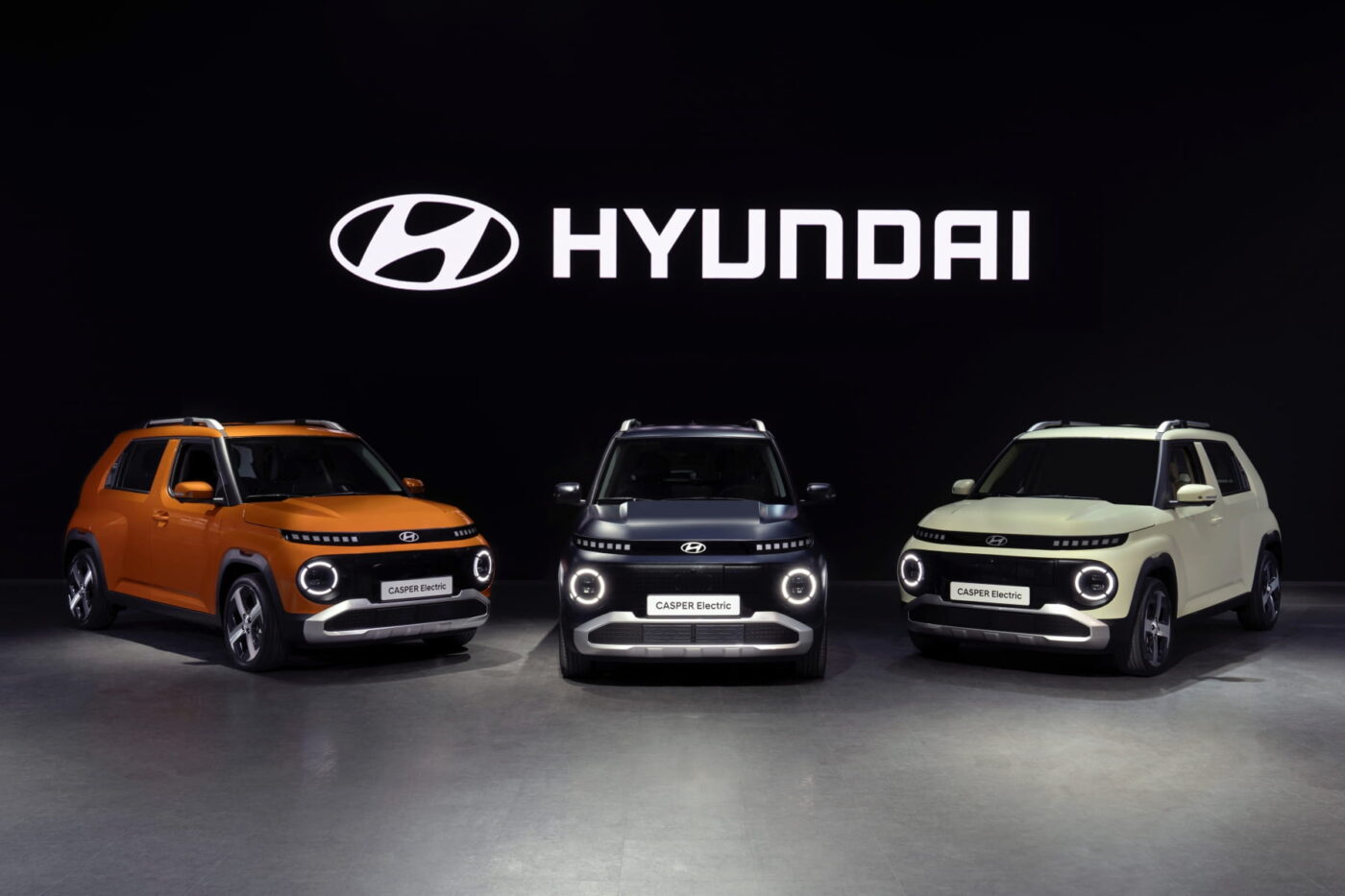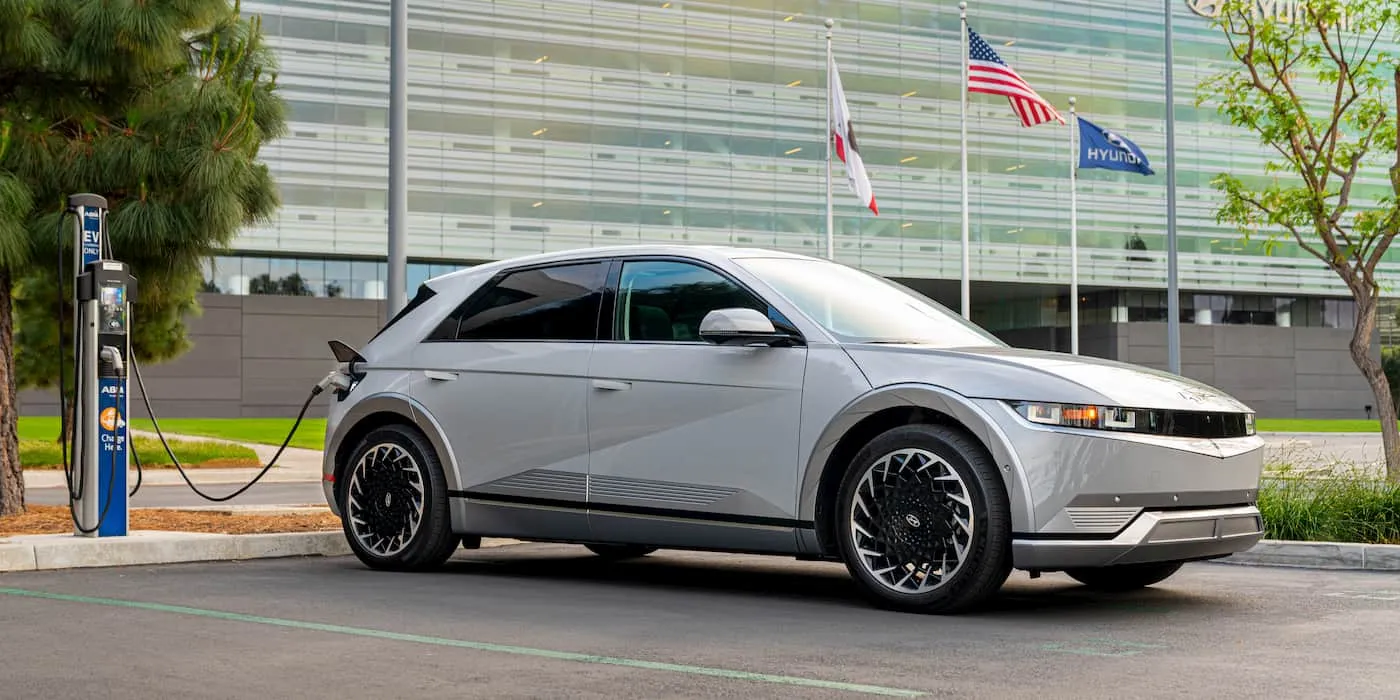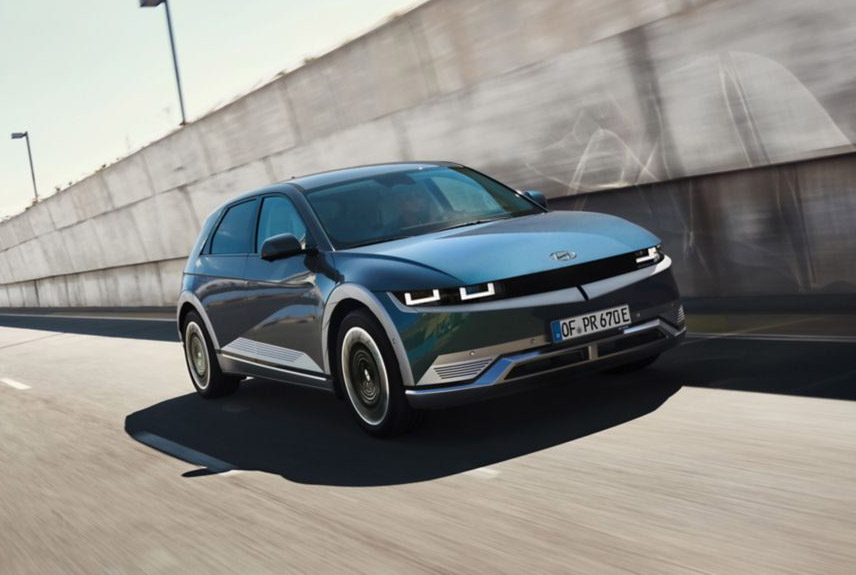Hyundai Motor Group has introduced autonomous park and charge robots, showcasing a glimpse of the future of parking technology. The South Korean automaker recently released a video demonstrating the capabilities of these innovative robots.
Describing the robots, Hyundai Motor Group stated, “No more parking stress—leave it to the robots. These parking robots lift the wheels of the vehicle and can maneuver in any direction to park your car with precision.”
The autonomous parking robots are capable of carrying vehicles weighing up to 2.2 tons and can move at a speed of 1.2 m/s or approximately 4.3 km/h. They attach to the front and back wheels of a vehicle and are guided to the designated parking spot by a camera system.
Hyundai’s parking robots are designed to operate in multistory buildings, with a smart parking control system capable of managing up to 50 robots simultaneously. These robots not only park vehicles but also retrieve them, providing a seamless parking experience for drivers. Hyundai aims to further develop its smart parking control system to accommodate both parking robots and human drivers.
See also: Hyundai Plans to Launch Four New Electric Vehicles in India by 2025
In addition to the parking robots, Hyundai also revealed its Automatic Charging Robot (ACR) as the next step in its smart parking buildings. When an electric vehicle (EV) requires charging, the parking robots transport it to the charging area, where the ACR automatically initiates the charging process.
Equipped with deep learning-based recognition functions, the ACR scans the EV’s license plate and matches its charging port with the correct charging connector. Once connected, the ACR monitors the EV’s battery status and, upon completion, returns the vehicle to its designated parking spot.
See also: Hyundai Introduces Nano Cooling Film for Car Cabin Temperature Control at Cannes Lions 2024
Developed through collaboration between Hyundai and Kia, the ACR units are set to be integrated into Hyundai Motor Group’s smart parking system by the third quarter of 2024, offering a glimpse into a future where parking and charging are seamlessly managed by autonomous robots.

